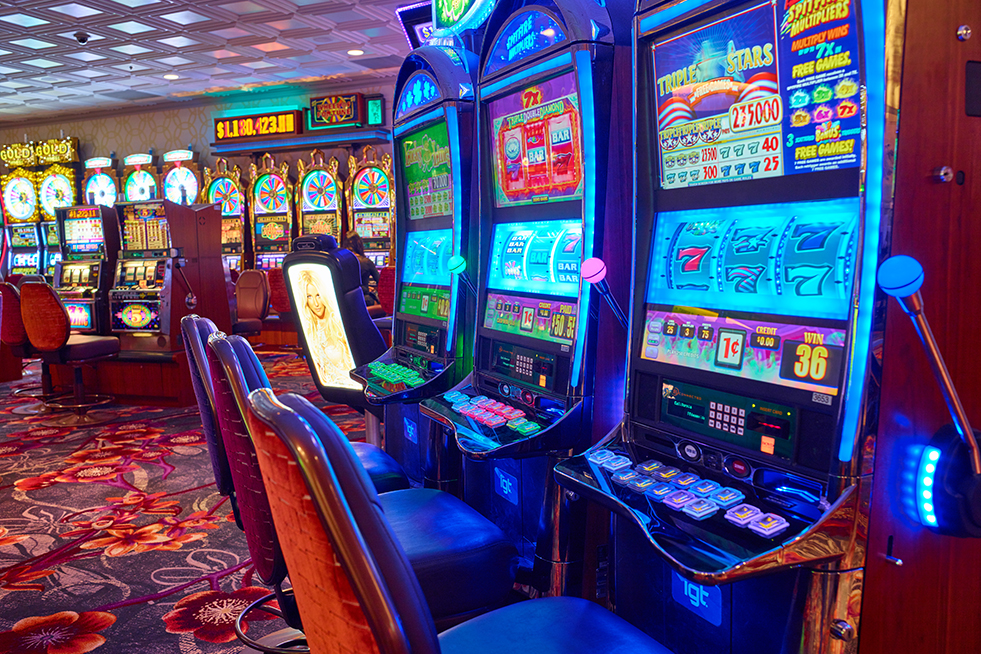
Casino activities have enthralled enthusiasts for ages, luring them into a universe of adventure, fortune, and fortune. From the blinking lights of gambling machines to the strategic nature of card tables, these activities offer a unique mixture of amusement and hazard. However, beneath the surface of this glamour and style lies a intricate connection of mathematics that influences every conclusion and choice made within the gambling establishment.
Understanding this connection between gaming activities and numerical principles not only boosts the gambling experience but can also help players make informed decisions. Whether you are a casual player or a dedicated follower, recognizing the numerical strategies at play can give insightful knowledge into chances, odds, and approaches, ultimately influencing how one approaches these chance games.
Statistical Probability in Gambling
In the world of gambling activities, mathematical probability plays a vital role in determining results and guiding gambler choices. Every activity has a distinct set of regulations and a particular probability framework that shapes its mechanics. For example, in games like roulette, players must grasp the odds of landing a specific digit or shade. The likelihood of specific events occurring can be assessed, and this knowledge can greatly influence betting tactics.
Gambers also need to be informed of the casino edge, which is the statistical advantage that gambling establishments hold over gamblers in the long term. This advantage differs across various games. ga179 com In 21, skilled players can use strategies to lower the house advantage to as low as 1 %, while in games like slots, the casino advantage can be significantly greater. Comprehending the casino edge allows gamblers to make educated choices about which activities to participate in and how much to wager.
Moreover, probability is fundamental in the concept of danger versus gain in gambling. Each bet carries a particular danger factor, and players must evaluate the possible payout against that danger. Games like poker require gamblers to not only calculate the odds of their personal showing winning but also to evaluate the probabilities of their rivals’ hands. By utilizing statistical principles to their gameplay, players can improve their chances of success and participate more strategically in the exciting world of casino activities.
Expected Worth in Gambling Activities
When talking about gambling activities, one of the basic concepts rooted in math is the expected value. This numerical measure helps gamblers understand the potential results of their bets over time. In simple terms, expected worth (EV) calculates the average amount a player can anticipate to win or lose per wager if they were to play the game repeatedly. Each activity has its own EV, affected by the odds and the casino advantage, which indicates the advantage that the casino holds.
For example, think of a game like roulette. The anticipated value can be derived based on the specific bet made. If a player bets on a individual number, the payout is 35 to 1, but the true chances of success that wager are 1 in 37 (in Euro the roulette game). This results in a negative expected value, showing that, on average, players will incur a loss money over a period when playing this kind of bet. Grasping this idea allows players to make better educated decisions about which games and bets may be less advantageous.
Additionally, the investigation of expected worth can lead to better money management. Players who comprehend the math behind their activities are often able to set realistic goals. By recognizing their potential losses and gains, they can adjust their gambling strategies appropriately, which may improve their overall gaming experience overall. As a consequence, anticipated worth serves as a critical resource for both beginner and experienced gamblers to steer through the frequently unpredictable nature of gambling activities.
Tactics and Probabilities: The Arithmetic Behind Winning
In gambling games, comprehending the chances is crucial for gamblers attempting to enhance their likelihood of winning. Each activity has its own distinct set of probabilities that dictate successful results, and these figures are often located in the gaming rules or reward charts. For case, in activities like blackjack, gamblers can improve their chances through methods such as card counting, which is based on math principles to gain an upper hand over the casino. By familiarizing themselves with the probabilities, players can make more informed choices on when to place bets and when to quit.
Moreover, the idea of expected value holds a critical function in gambling strategies. Average outcome calculates the mean outcome of a bet over a period, allowing gamblers to evaluate whether a particular wager is worth taking. For example, video slots have a set payout percentage, which can suggest the average payout a participant can expect on their bets. By selecting games with greater expected values, players can minimize the house advantage, boosting their possible rewards in the long run.
In conclusion, successful players often employ a mix of chance and calculative tactics to improve their gaming experience. While luck is unpredictable, managing a wagering approach based on mathematical insights can lead to more positive results. By utilizing techniques such as budgeting and picking games, participants can leverage mathematics to navigate the volatile nature of gaming, making the most of their efforts and money at the tables.